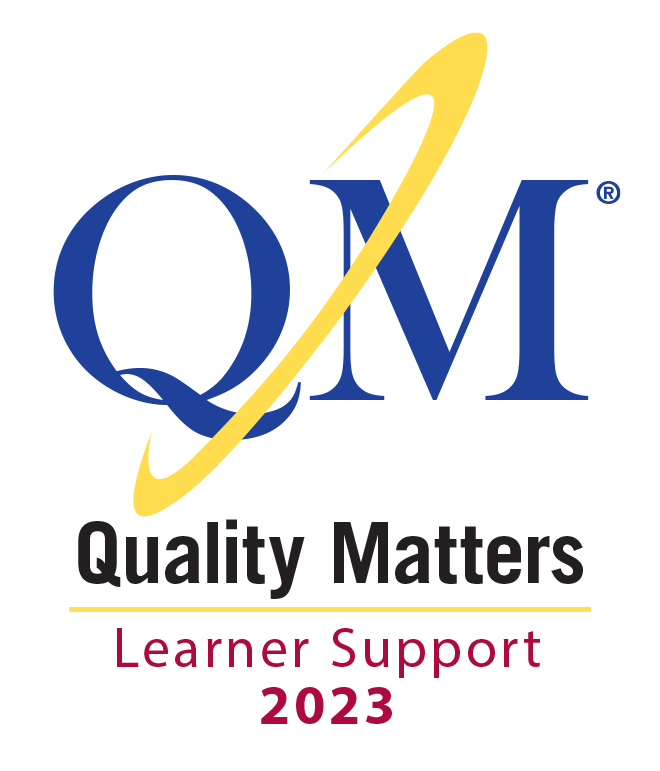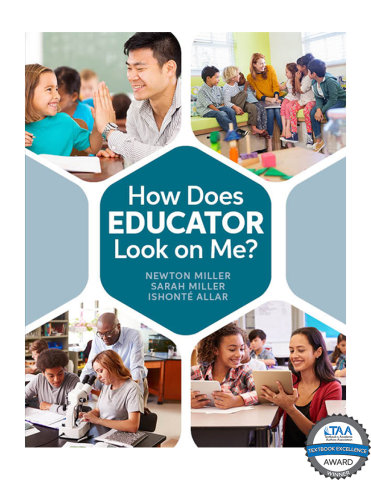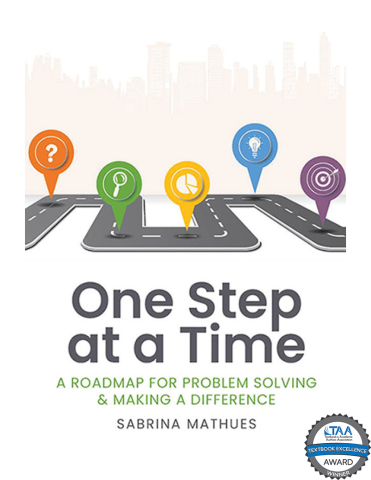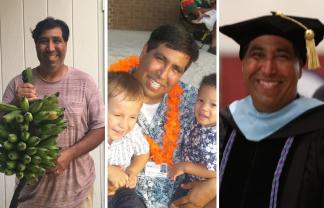Questions? Request Information
UAGC Award-Winning Curriculum
Degree Completion Journey
Break into the world of childcare and build a foundation of success when you embark on your associate degree. Your coursework will focus on important topics in early childhood education, such as development, learning assessment, special learners, and instructional strategy.
To earn your associate degree in early childhood education at the University of Arizona Global Campus, you must complete 67 credits. A total of 18 credits must be completed at UAGC to meet the residency requirement. You may be able to transfer up to 49 approved credits from community colleges, other previous college coursework, or other life experiences such as military service or job training toward your degree.
Upon completion of your associate degree at UAGC, you can transfer your credits toward any one of the bachelor’s degree programs at UAGC.
*In this program, 6 credits from the core may also satisfy General Education requirements.
This program is not designed to meet the state educational requirements for teacher licensure or certification in any state. Students seeking teacher licensure shall carefully research their state's requirements prior to enrollment and regularly review the requirements as they are subject to change. Requirements vary by state. Graduates will be subject to additional requirements on a state-by-state basis that will include one or more of the following: student teaching or practicum experience, additional coursework, additional testing, or, if the state requires a specific type of degree, earning an additional degree. None of the University of Arizona Global Campus online education programs are accredited by the Council for the Accreditation of Educator Preparation (CAEP), which is a requirement for certification in some states. Other factors, such as a student’s criminal history, may prevent an applicant from obtaining licensure, certification, or employment in their field of study.
The Child Development Associate® (CDA) Credential™ is a widely recognized credential in early childhood education (ECE). The CDA® is based on a core set of competency standards that guide early childhood professionals toward becoming qualified educators of young children. The CDA® is administered by the Council for Professional Recognition, not by the University of Arizona Global Campus (UAGC). Throughout your UAGC coursework in ECE201, ECE203, ECE 205, ECE 207, and ECE214, content related to the eight CDA® subject areas is embedded in your weekly discussions, assignments, journals, interactives and quizzes. Additionally, some of your coursework can be used to complete your CDA® Professional Portfolio should you choose to pursue obtaining your CDA®.
The University of Arizona Global Campus is a partner of the Council for Professional Recognition. Coursework for students enrolled in the AA in Early Childhood Education program at the University of Arizona Global Campus may satisfy the 120 hours of education in the eight CDA® Subject Areas and will provide a jumpstart on completing the components necessary for the CDA® Professional Portfolio. Additional steps beyond UAGC coursework will be needed to obtain your CDA®. The Council for Professional Recognition, not the University of Arizona Global Campus, is responsible for awarding the CDA®. For more information about the required steps for the CDA® please visit https://www.cdacouncil.org/en/.
Alabama Students: Authorization to provide an education program does not indicate eligibility for an Alabama professional educator or professional leadership certificate. Applicants who complete an education or educator preparation program at a non-Alabama institution must apply for an Alabama professional educator or professional leadership certificate through the Alabama Certificate Reciprocity Approach. Current requirements may be found at https://www.alabamaachieves.org/teacher-center/.
Kentucky Students: Please be advised that although the University of Arizona Global Campus offers a variety of programs aimed at preparing potential educators in diverse settings, our programs are NOT accredited in Kentucky by the Education Professional Standards Board and are NOT recognized for initial, additional, or renewal of certification or salary enhancement (rank change) for K-12 educators in Kentucky. For more information, please visit the Education Professional Standards Board’s website at http://www.epsb.ky.gov/mod/page/view.php?id=220
Certain degree programs may not be available in all states.
The Online Teaching Support Certification recognizes programs that require all online faculty to undergo training in best practices for online course delivery, provide faculty with ongoing pedagogical support, encourage faculty professional development to increase their knowledge and skill in online teaching, emphasize instructor availability and feedback to learners, and collect and use feedback from learners to improve online teaching. Learn More

The Online Learner Support Certification recognizes programs that provide all the critical student and academic services needed for learner success and use learner feedback to continuously improve those services.

Careers Related to Associate of Arts in Early Childhood Education


U.S. Department of Labor data regarding salary ranges and job growth projections are national in nature and do not guarantee employment, any specific salary, or job growth. Also, national long-term projections may not reflect local and/or short-term economic or job conditions. Top Skills are provided via Lightcast job postings data and may not align with UAGC program learning outcomes. UAGC programs are not designed to meet the state educational requirements for a specific professional license or certification in any state. UAGC does not guarantee employment placement, any specific salary from employment, or career advancement.
Meet Our Faculty
Other Degrees That May Interest You
You’ll find degree programs that suit a variety of interests and may enhance a wide scope of career opportunities at UAGC. Explore similar programs to find the right path for you.








